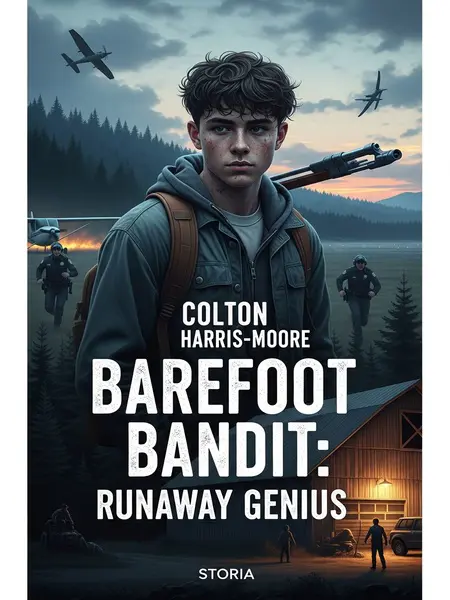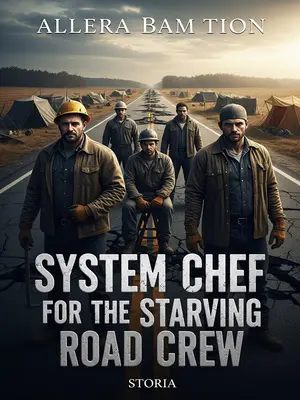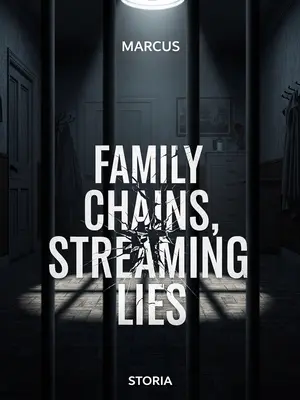Chapter 7: Boeing’s Invitation
You probably guessed Little Col’s plan:
Steal a plane.
He made lists, drew blueprints, and memorized security routines. It became his obsession.
That’s why our story began with a wild dream—a dream that refused to die.
But Little Col’s love of planes started young.
He built model airplanes, memorized flight stats, and watched airshows every summer. Aviation was in his blood.
As an aviation geek, he could name every model, describe their engines, and recite manufacturing dates by heart.
He knew a Piper Cub from a Beechcraft Bonanza, and could spot a Cessna by its tail.
He dreamed of flying.
He kept a scrapbook filled with photos, magazine clippings, and hand-drawn sketches. It was his secret world.
With a normal family, he might have gone to flight school and become a pilot.
He imagined himself in a crisp uniform, earning his wings, traveling the world.
But life had other plans.
He learned to roll with the punches—catching curveballs on the run.
He could only chase his dream through illegal means.
He stole what he couldn’t earn, always chasing the next high.
Later, in the Bahamas, at the moment of his capture, Little Col felt a strange relief.
He sat in the back of the police boat, watching the lights of Nassau fade. For the first time, he felt at peace.
After "flying" for so long, he was tired.
He wanted rest—a break from the endless chase.
December 16, 2011.
The courtroom was packed. Reporters jostled for space, locals craned their necks, and Little Col sat quietly, waiting for his fate.
Facing more than ten criminal charges, Little Col could have been sentenced to 43 years in prison.
The prosecutor listed his crimes, one after another. The numbers were staggering.
But the US court only gave him seven years and ordered him to pay $1.4 million in restitution to his victims.
The judge considered his age, his background, and the fact that nobody had been hurt. It was mercy, mixed with justice.
Why?
The courtroom buzzed with speculation. Some called it a miracle, others a mistake.
On one hand, they considered his age and troubled upbringing.
Social workers testified for him, painting a picture of a kid lost in the cracks.
On the other, most of what he stole were basics for surviving in the woods—not valuables.
He took food, clothes, and camping gear—rarely anything worth big money.
(Except, of course, for the four planes.)
The aircraft owners weren’t as forgiving, but the rest of the community saw him as a survivor.
Even public opinion leaned his way.
Letters poured in, some offering jobs, others sending encouragement. "Hang in there," they wrote.
But faced with such a huge debt, nineteen-year-old Little Col fell into despair.
He stared at the numbers, wondering how he’d ever pay it off. The weight felt crushing.
He thought his wild days were over and considered suicide.
He spent nights staring at the ceiling, wrestling with regret and hopelessness.
But life has its twists.
Sometimes, hope comes from the unlikeliest places.
A few months into his sentence, someone asked to see him by name.
The guards kept it secret, but Little Col sensed something big.
When he learned who it was, Little Col was floored.
He sat up straighter, suddenly alert.
It was a senior executive from Boeing, the airline giant based in Seattle.
The man wore a tailored suit, but his eyes were kind. He’d read Little Col’s story and saw something worth saving.
The visit was about encouragement.
He leaned in, speaking quietly but firmly.
"Young man, don’t give up. The doors of Boeing will always be open to you."
Little Col’s jaw dropped. Was this for real?
"But you’ll have to come in through the front door."
No more breaking in, no more running. It was an invitation—a lifeline.
Those words excited him more than his first flight.
He felt hope for the first time in years, a spark that refused to die.
Sitting in prison, he got a job offer out of the blue.
He replayed the moment over and over, barely believing his luck.
He never expected such a twist.
He started dreaming again—of uniforms, wings, and a future worth fighting for.
From then on, Little Col decided to turn his life around.
He made plans, set goals, and promised himself he’d never look back.
He planned to apply to aviation school after release and become a licensed pilot.
He wrote letters to flight academies, studied for entrance exams, and imagined his first real flight.













